Leeds and COP26 – getting the world to net-zero
Leeds researchers are helping to make the upcoming climate summit a success, to shift the world rapidly to net-zero emissions and avoid the worst impacts of the climate crisis
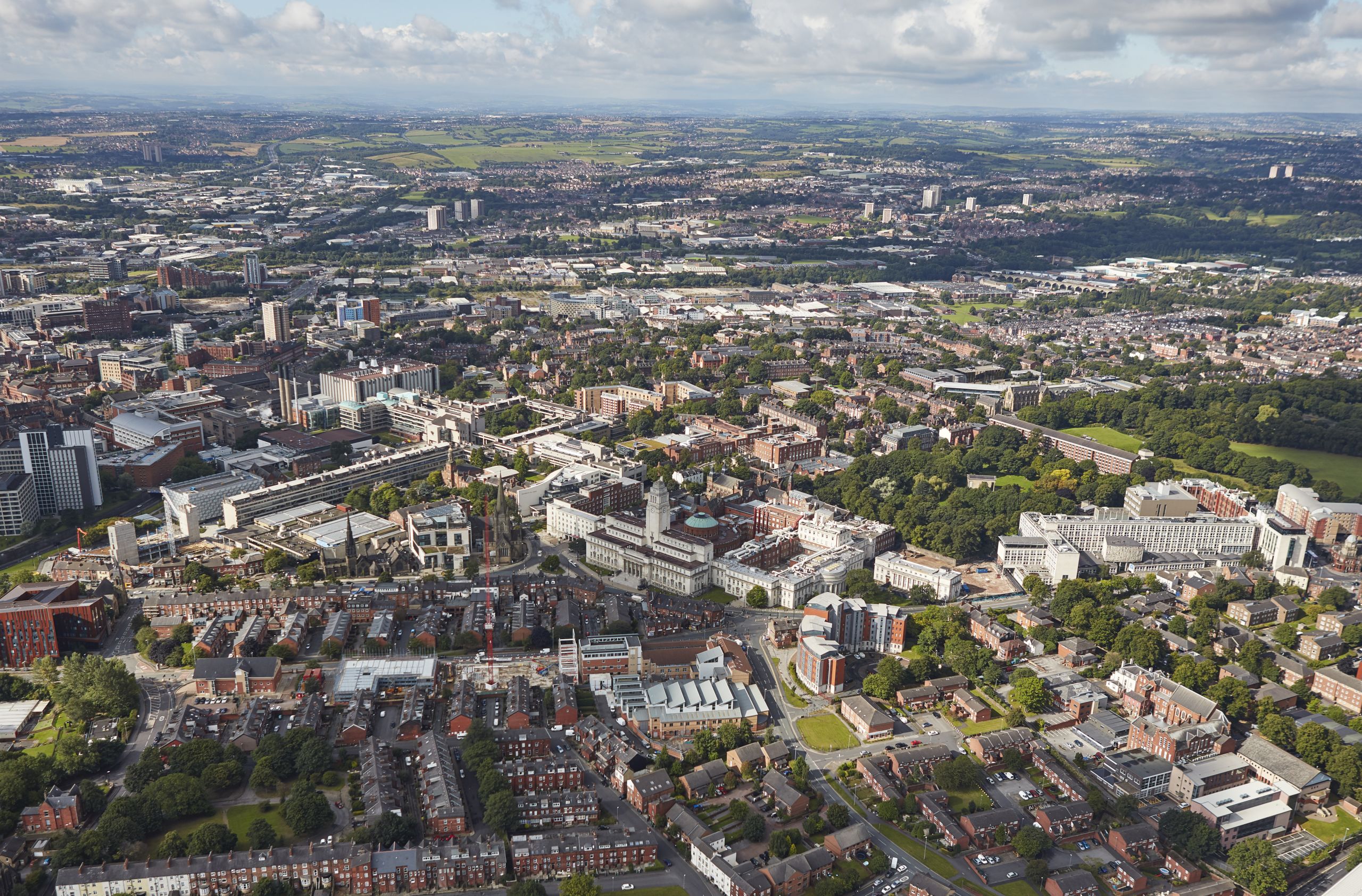
Later this year a landmark climate summit presents an opportunity to steer our path away from a dangerous temperature rise and towards the agreed target of limiting global heating to 1.5°C. It is seen as the last best chance for the global community to tackle the climate crisis, and with it, to shift society to a fairer, cleaner, healthier place to live.
From 31 October to 13 November, world leaders, scientists and civil society are due to come together in Glasgow at the 26th United Nations (UN) Climate Change Conference of the Parties (COP26) to negotiate the next steps forward.
At the University of Leeds, researchers are working collaboratively to help find solutions to the climate crisis, to secure a safer future for all. Some are working to prepare for COP26 and ensure it is a success, whilst others are enabling on-the-ground action to speed up the transition to a green economy fit for the future.
From international scientific assessments to local community partnerships, Leeds researchers are committed to making the world a better place.
Amplifying young people’s voices
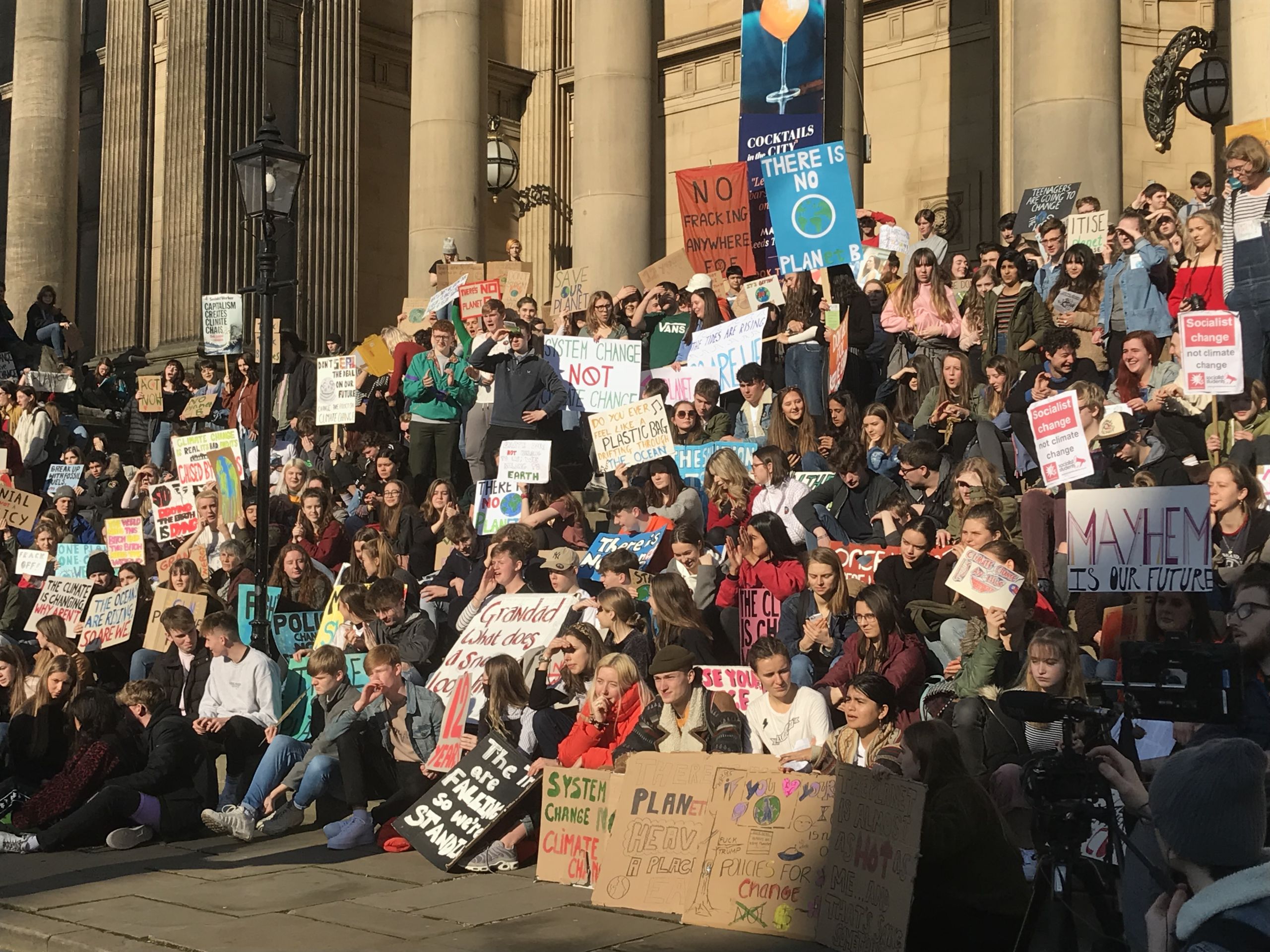
In the run up to COP26, one team of Leeds researchers are working to ensure the perspectives of young people can be heard at what has been described as the most important environmental summit there has ever been.
Whilst politicians and business leaders have an important role to play in tackling climate change, a less powerful group of people – children and young people – have been making waves and pushing climate up the agenda. Youth strikers, inspired by Greta Thunberg and the Fridays for Future movement, are increasingly engaging in climate advocacy, activism and action, around the world.
Dr Harriet Thew is a COP26 Research Fellow at the University of Leeds and a specialist in the participation of young people in climate change governance. She is a veteran of climate negotiations, having been to six previous COPs and 11 UN climate conferences.
It is vital that young people’s needs and concerns are addressed if we are to implement the Paris Agreement in a way that is fair to all people
Dr Thew’s research and outreach activities are helping to provide a platform for young people to be heard at different levels of decision-making, including at COP26. Over the past 12 months she has been coordinating online workshops with partner organisations in the UK and South Africa to create space for young people in both countries to share their experiences of living through the climate crisis.
Living with climate change today
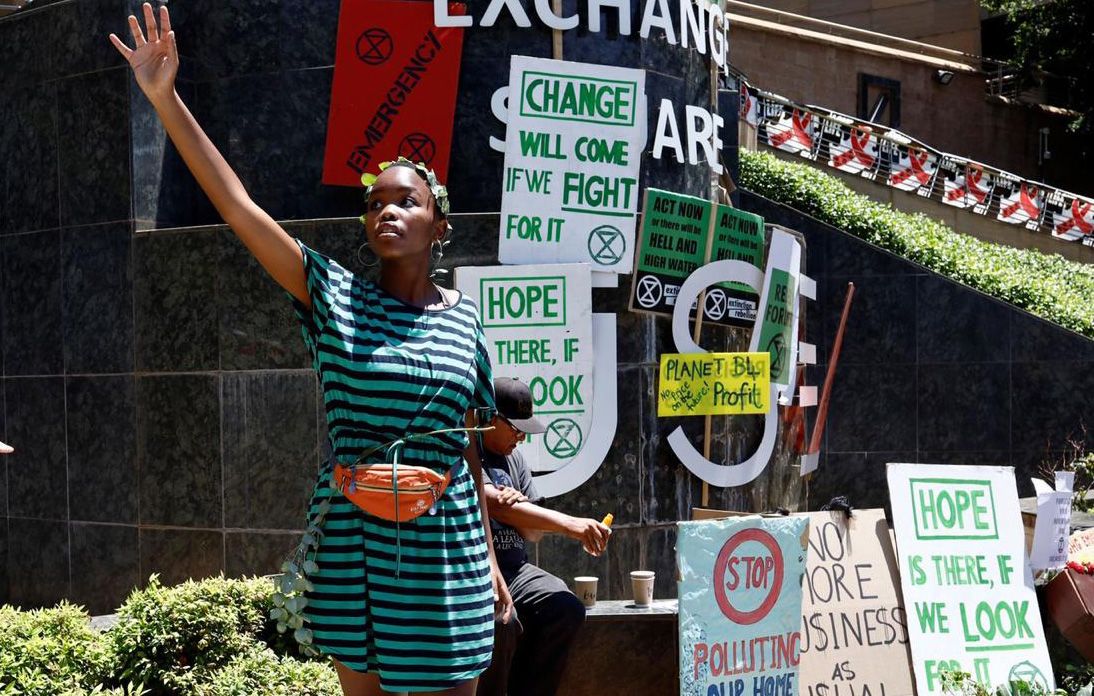
Khahliso Myataza (pictured above) is an 18-year-old climate activist from Johannesburg, South Africa, who took part in the workshops. She said: “We're looking at a world that is only concerned about economics and capitalism.
“South Africa was affected by one of the worst droughts in the world. This led to a rise in food prices – many people were left unemployed – and as a third world country, I don't think we can even afford that.
“As an African child who loves her continent, seeing Mount Kilimanjaro on fire because of our capitalist tendencies is not something I want to see ever again.”
Khahliso’s messages, along with those from dozens of other young people from South Africa and the UK, will feature in an upcoming film and social media campaign called ‘The Ripple Effect’, which is being premiered at the IMAX at Glasgow Science Centre on 8th November. The film has been made by the young people, in partnership with Paul Cooke - a Professor of World Cinema - and colleagues from the University of Leeds.
Dr Thew said: “We are excited to be taking this film to COP26 so that the voices of those often excluded from the discussions can be heard and considered as part of the negotiations.
“The Fridays for Future movement has captured the world’s attention but more needs to be done to ensure that world leaders sit up and listen to young people’s experiences of climate change in the present, as well as concerns about the future they are inheriting.
“It is vital that young people’s needs and concerns are addressed if we are to implement the Paris Agreement in a way that is fair to all people across generational, as well as geographic, divides.”
‘Code red’ for humanity

The latest climate research indicates that young people’s concerns are not without reason.
In August, scientists from the UN’s Intergovernmental Panel on Climate Change (IPCC) issued humanity with a “code red” warning, urging a rapid transition to net-zero emissions.
And 2021 has already seen some of the devastating consequences of climate change impacting people across the world: from flooding in China; to extreme heat in the US and Canada; and wildfires in Greece, Italy, and Turkey.
Informing global climate science

Since the IPCC’s inception in 1988 by the UN and World Meteorological Organization, researchers from the University of Leeds have been contributing to its work. Our academics have co-authored reports on the physical science, adaptation, and mitigation of climate change.
The IPCC's latest report was published in August, featuring four Leeds authors – Professor Piers Forster, Dr Amanda Maycock, Professor Suraje Dessai and Dr Chris Smith. Whilst it provided a stark warning for our future, it also offered hope that strong and sustained reductions in greenhouse gas emissions can limit climate change and stabilise temperatures within the next 20 to 30 years.
Through the IPCC, researchers provide the scientific foundation upon which global agreements – like the Paris Agreement from COP21 – can be formed.
Professor Forster said: “I am pleased with the strong messages in the IPCC report. These statements were agreed unanimously by representatives from the world’s governments. This gives me confidence that our latest report will be used to strengthen global ambition at COP26.
“The report confirmed that the net-zero emission goals will stabilise temperature increases and limit weather extremes. And the lowest emission pathway considered could still keep global warming to within 1.5°C.”
“I look forward to attending COP26 and providing further testimony to show that the race to net-zero is on.”
Transforming agriculture fairly
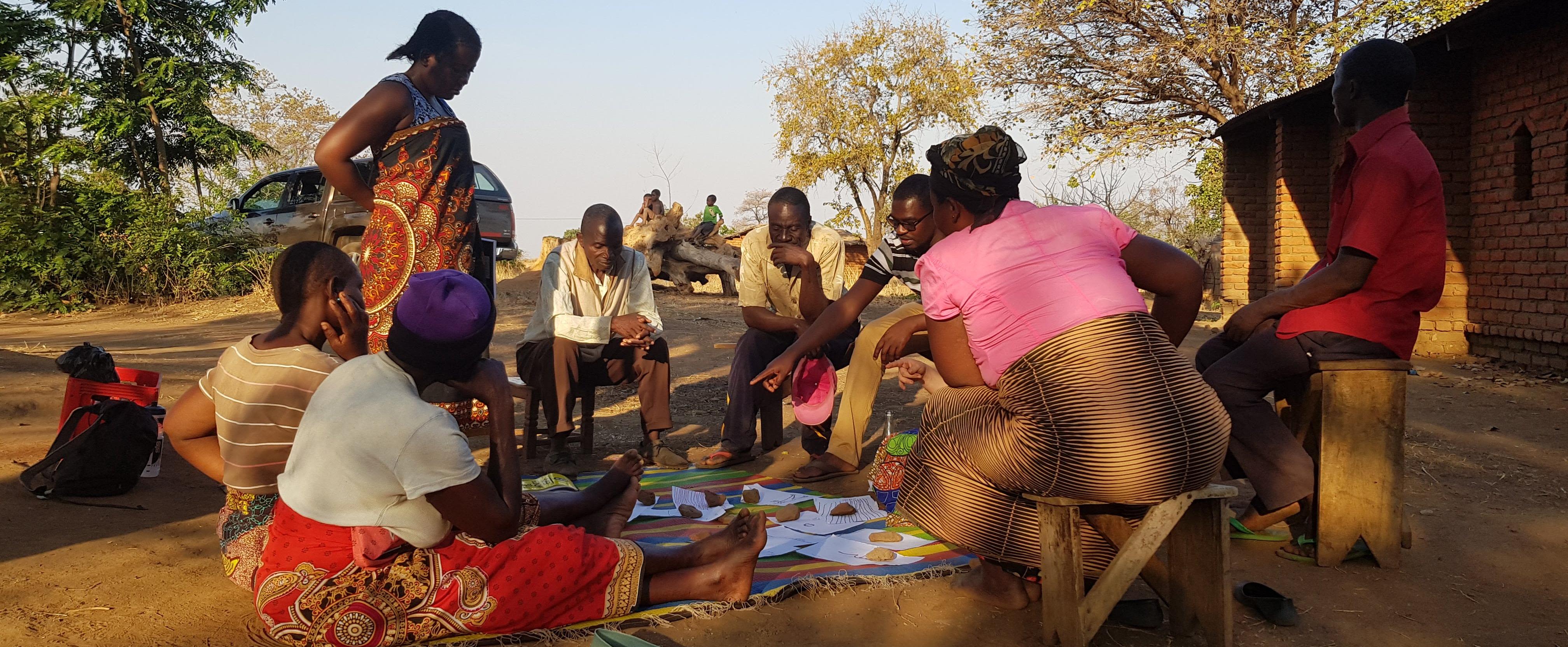
Dr Stephen Whitfield is among a number of Leeds academics working to support changes in agricultural practices around the world, to enable farmers to reduce their environmental footprint and boost their food security in the face of climate change.
His research focuses on equity and justice in the transformation of food systems. Through Dr Whitfield’s COP26 Research Fellowship he is preparing to provide recommendations on climate and agriculture to policy makers at COP26.
Dr Whitfield said: “Having worked with partners in Malawi, South Africa, Tanzania and Zambia for the past four years, we have gained some valuable insights into how you should, and how you shouldn’t, transform agriculture on the ground.
“We need to make rapid changes to our food systems, just like every other aspect of society, but doing it fairly, in a way that is inclusive of different voices and perspectives, is paramount.”
Advising on UK climate policy

Whilst COP26 centres around international negotiations, individual countries still have important roles to play in making strong national commitments to encourage others to follow suit. As joint hosts of COP26, alongside Italy, the UK is now in the spotlight.
In June 2019, the UK became the first major economy to set itself a legally binding target of net-zero emissions by 2050, which has since been copied around the world.
This target date was adopted on the advice of a report from the UK’s Climate Change Committee, which was co-authored by Professor Piers Forster and featured insights from five other Leeds researchers.
Fostering local collaboration
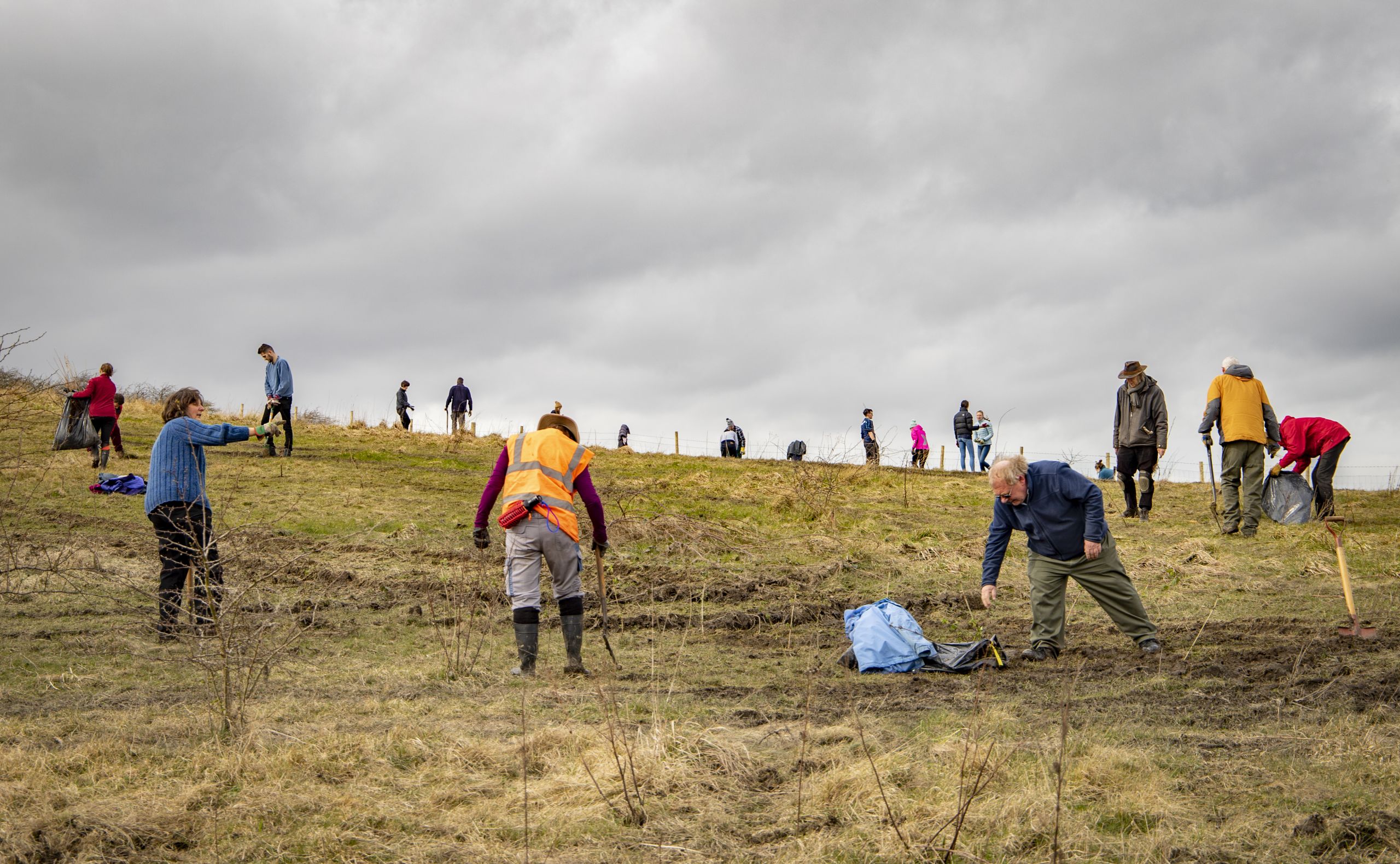
Climate commitments and ambition certainly do not stop at the national scale, and nowhere is that truer than in Leeds.
Leeds academics pioneered the setup of the first UK climate commission, an independent, cross sector partnership bringing together experts with local people to help guide on-the-ground climate action.
Following the success of Leeds Climate Commission, led by Professor Andy Gouldson, the commission model has since been replicated around the UK through the Place-based Climate Action Network (PCAN). From Edinburgh to Essex, Belfast to Lincoln, more than 10 climate commissions are now up and running, encouraging collaborative working at the local, and now regional scale through the newly formed Yorkshire and Humber Climate Commission.
The climate commission model has demonstrated the power of the collective in tackling what can often feel like an overwhelming problem
The Leeds Climate Commission has been central to supporting Leeds City Council in making their own net-zero commitment of 2030, and in providing detailed evidence and analysis for how that can be achieved.
Kate Lock is Communications and Policy Manager for PCAN, based at the University of Leeds, and has been working on the commissions since they were first created in 2017. She said: “It is a real pleasure to work with so many different people to find solutions and opportunities to deal with the climate crisis where we live.
“The climate commission model has demonstrated the power of the collective in tackling what can often feel like an overwhelming problem. We have been amazed by the response and commitment people bring to the table, and I think that is partly due to the hope and positivity that comes from working together.”
Financing a green transition

One of the key challenges for transitioning to a green economy and hitting net-zero targets is mobilising the required money to pay for it.
Research from Leeds is helping to solve this challenge by giving citizens the chance to invest in climate solutions in their own towns and cities. Community Municipal Investment bonds offer councils the opportunity to raise money for green projects, funded by their own constituents.
Leeds’ Dr Mark Davis has pioneered these local green bonds alongside Abundance Investment, and after multiple successful trials they are now working to roll them out across the UK.
A wilder future for Yorkshire
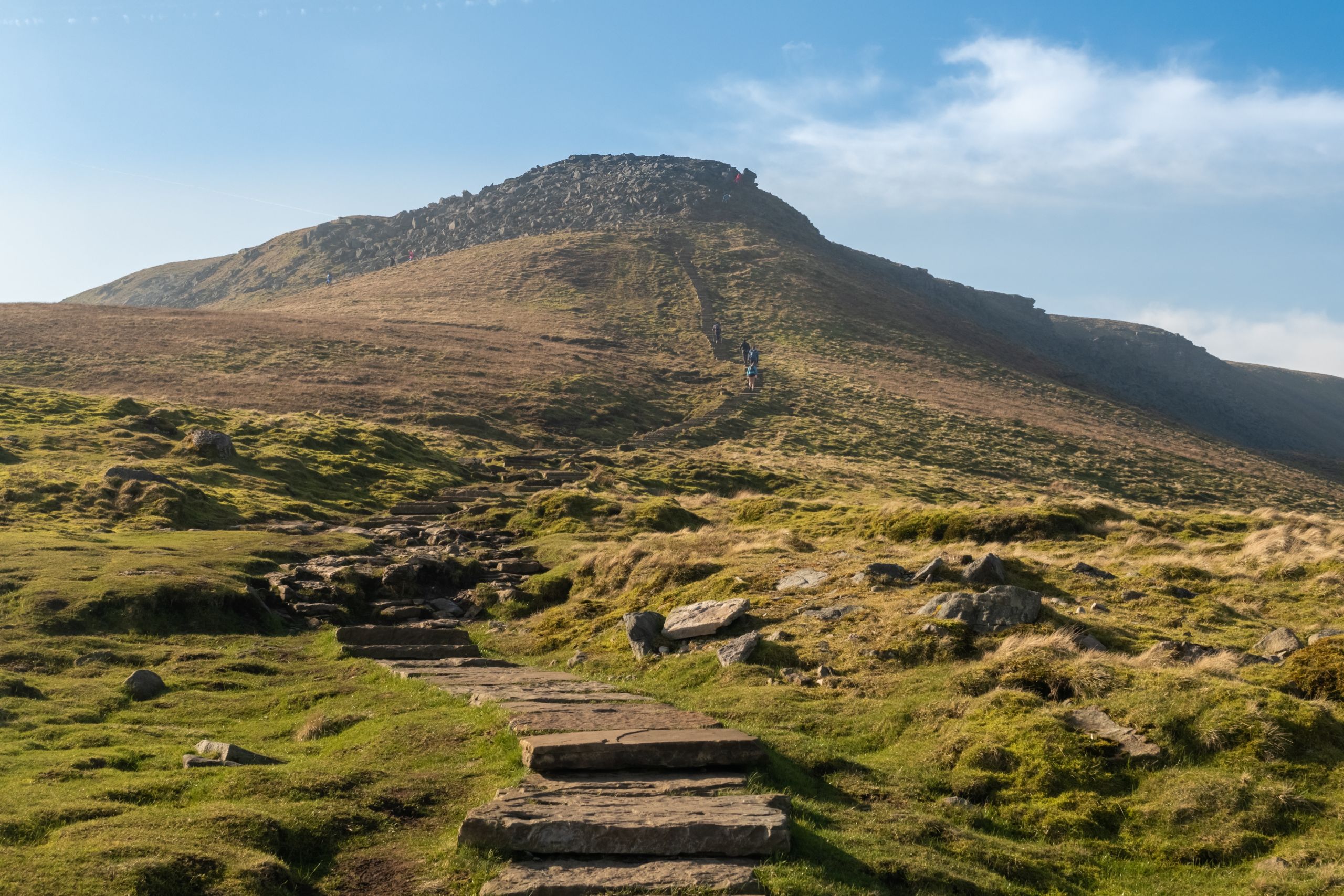
Nature-based solutions to the climate crisis have the added benefits of being good for wildlife and providing opportunities for people to enjoy the great outdoors.
The Wild Ingleborough project, in the heart of the Yorkshire Dales, is restoring peatlands and allowing native woodland to expand, in order to remove and store carbon and help achieve net-zero emissions.
Leeds researcher Dr Cat Scott is a contributor to Wild Ingleborough, which follows work she has done assessing trees on the University’s own campus. Covering 17.2% of campus, trees store an estimated 540 tonnes of carbon and absorb pollution emitted from around one million cars passing the University each year.
Dr Scott’s research helped quantify the importance of the largest trees and recommended a strategy for the Sustainability and Estates teams to ensure our own land is helping to tackle, not contribute to, the climate crisis.
Pushing for breakthroughs

From geopolitical wrangling over IPCC reports to platforming the voices of the unheard, the Leeds research community are doing their utmost to prepare for COP26.
Whether climate solutions are international or much closer to home, academics are pushing with speed and dedication to find the breakthroughs so urgently required.
The success of COP26 will become apparent over the coming years, but whatever happens next, researchers are confident that there will be no stopping the ambition and energy of the Leeds community.
Discover more about Leeds at COP26 by visiting the Priestley International Centre for Climate website.